The amount of defaulted loans in Bangladesh’s banking system has now surpassed 3.45 trillion taka, with the total continuing to rise.
As of December, defaulted loans had reached a staggering 3.45 trillion taka, which marks a significant increase from 2.84 trillion taka in September.
During the final quarter of the year, between October and December, the amount of classified loans, or defaulted loans, grew by over 607.87 billion taka.
By the end of the year, these loans accounted for 20.20% of the total loans disbursed by banks.
This alarming rise in defaulted loans was shared by the Governor of Bangladesh Bank, Ahsan H. Mansur, during a press briefing on February 26.
The press conference, held at Bangladesh Bank’s headquarters in Dhaka’s Motijheel area, also shed light on the situation`s implications for the country’s banking system.
Governor Mansur commented on the situation, stating, "Defaulted loans have increased. I had already predicted that defaulted loans would rise.
However, they have not yet reached the highest level." He assured the public that there would be no problems for depositors trying to access their funds.
The press briefing also revealed that, as of December, the total amount of loans and advances issued by banks stood at 17.11 trillion taka.
Despite the sharp increase in defaulted loans, this figure remains a crucial indicator of the total loaning activity in the country’s banking sector.
A concerning trend that has emerged is that defaulted loans have been steadily growing since 2009. Back then, when the Awami League came to power, the total defaulted loan amount stood at 22.48 billion taka.
Over time, economists have raised alarms about the substantial amounts of money withdrawn from the banks, often with little oversight, some of which has been reportedly laundered abroad.
After the government’s fall on August 5, 2020, the real extent of the defaulted loans has started to be revealed.
Business groups with close ties to the previous government had been granted large loans with favorable conditions, while various policies had been implemented to downplay the figures of defaulted loans.
Since the change in government, however, the central bank has begun moving away from these practices and started revealing the true scale of these loans.
Sources indicate that banks previously under the influence of the controversial S Alam Group, which was closely linked to the former government, have now started reporting the actual numbers for defaulted loans.
Among these banks, Islamic Bank has seen the highest increase in defaulted loans.
Other banks, including First Security Islami Bank, Global Islami Bank, Union Bank, and Social Islami Bank, have also seen a notable rise in their defaulted loan figures.
In addition, business giants like Beximco Group, owned by former Prime Minister Sheikh Hasina’s advisor Salman F. Rahman, Bashundhara Group, and S Alam Group, have also fallen into default, adding to the total amount of defaulted loans.
The continuous growth of defaulted loans is raising serious concerns about the health of Bangladesh`s banking sector, as the government and the central bank now face increasing pressure to tackle the issue.


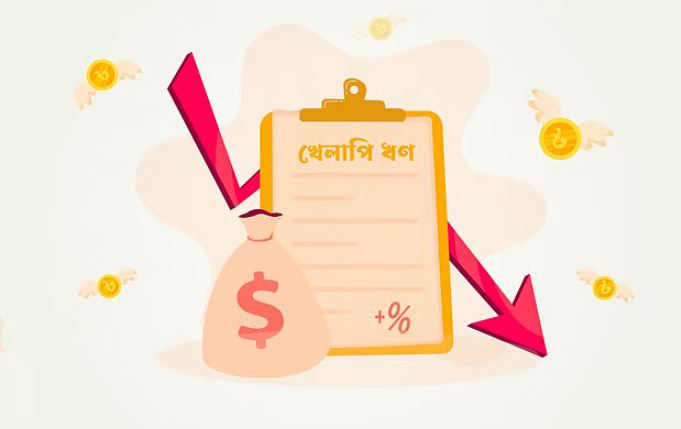



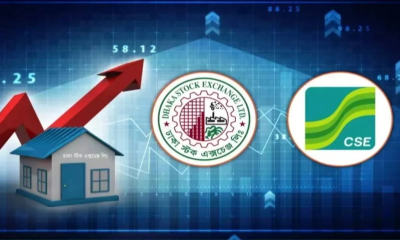
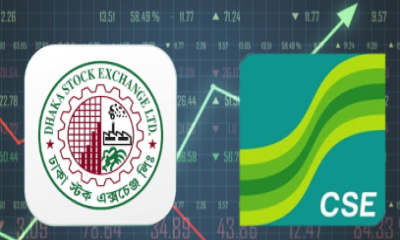



-20260221022942.jpg)
-20260221022827.webp)





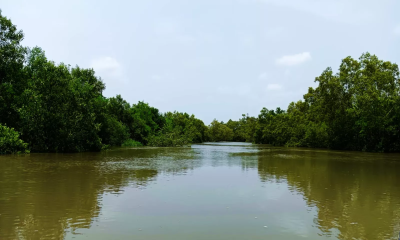

-20260220065859.jpeg)
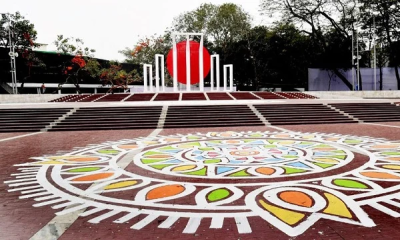
-20260219110716.webp)

-20260219054530.webp)












